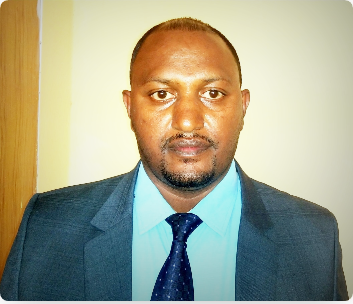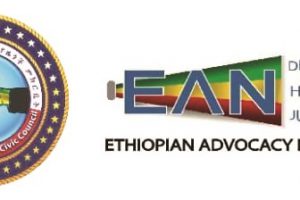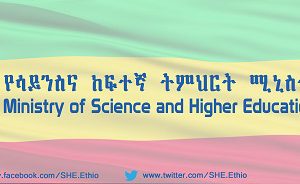
Indisputably, media have played a significant role in building a nation. These days, unfortunately, some media are seen playing destructive roles, abusing their intended purpose.
Since the introduction of the national reform, the nation has been ensuring press freedom along with widening political landscape. Those media outlets that involved themselves in the destructive roles have abused the press freedom in the last two years. Because of irresponsible reports of those media, a number of people were killed and massive properties were damaged in some parts of the country.
Realizing the necessity of expert’s suggestions for problems due to irresponsible reports, The Ethiopian Herald held an exclusive interview with Tesfaye Bezabeh (Ph.D.), International Relations and Cooperation Director and Journalism Lecturer at Wollo University. Excerpt
Herald: How do you see the recent reports of some media about their ethical standards? Has their manner of communication contributed to the recent damages in some parts of the country?
Tesfaye: The media can play constructive or destructive roles depending on their standing goal. They have also significantly helped individuals, authorities, communities, and governments. Nevertheless, the recent phenomenon shows that the media have lost their ethics.
Some media like Tigray Television, Digital Woyanie (DW), and Oromiya Media Network (OMN) reported news that instigated conflicts. In reporting biased information, they abandoned their responsibility.
Herald: Why have these media have lost their ethics?
Tesfaye: Irresponsible deeds of some groups who need to achieve their hidden agenda and absences of professional institutions are the main reasons that the media lost their ethics. These groups may fabricate news that promote their hidden motives to create conflicts in which they would benefit. Media professionals ought to have proper ethical standards and skills to scrutinize the authenticity of the information before reporting.
Herald: What does it mean to have media freedom?
Tesfaye: Freedom without responsibility is impossible. Media freedom demands a high sense of responsibility. The professionals have to exercise high ethical standards in responsibility while reporting sensitive issues related to religion, sex, ethnicity and the like. These days, media freedom is relatively exercised very well.
Herald: Recently, massive properties have been damaged and citizens were killed in the midst of the conflict. Do you believe that the media have played a role in instigating the conflict?
Tesfaye: Of course, social media contributed a lot to all the damages. Even if the government had not taken immediate action on such type of irresponsible media, the country might have faced great challenges. The decision of the government to close the Tigray Television, OMN and DW should be appreciated.
Herald: What ought to be done to narrow this gap and reduce the extent of the problem?
Tesfaye: I am not sure whether the government is implementing the procedure of social media regulation. Beyond this, educating, providing training, forming institutions and the like should come first. Media indeed need ethics and professionalism.
Herald: Some media established by activists involved themselves in biased reporting from their inception. What should be done to reduce the consequences of their irresponsibility?
Tesfaye: Activism and journalism in Ethiopia are overlapping. Activism has its features. Tigray Television, which had been administered by the government, was engaged in destructive rather than constructive reporting. The country needs a media strategy that would direct the sector. As media is a mouthpiece of the community, the government should control its destructive aspect.
Herald: Some people say that the number of media is increasing from time to time in Ethiopia. Do you agree with this? If yes, what is the indication? If not, why?
Tesfaye: Firstly, we need to see the type of media or channels that is increasing. The social, print, digital, and broadcast media are increasing in number. Here, the question should be how much are they helpful and accomplishing their purposes. And if the media are not contributing positively to changing a community, it is difficult to say the media are increasing. Likewise, those media that involved themselves in reporting information that merely supports the government will have negative effects as they lack proper balance.
On the other hand, several media outlets were opened with the absence of adequate research. This is a serious problem in Ethiopia. If they are supported with necessary researches, the media can carry out their proper roles. They can carefully identify the problems with reporting and indicate solutions.
Herald: What should be done to create responsible media?
Tesfaye: There should be strong institutions starting from elementary to higher institutions that educate citizens about the media like that of civic education. Through encouraging media literacy, the institutions can create responsible media that promote national consensus. Moreover, increasing community radio programs to raise social awareness on the issues of health, education, and development is crucial.
The Ethiopian herald July 18-2020
BY MESERET BEHAILU





